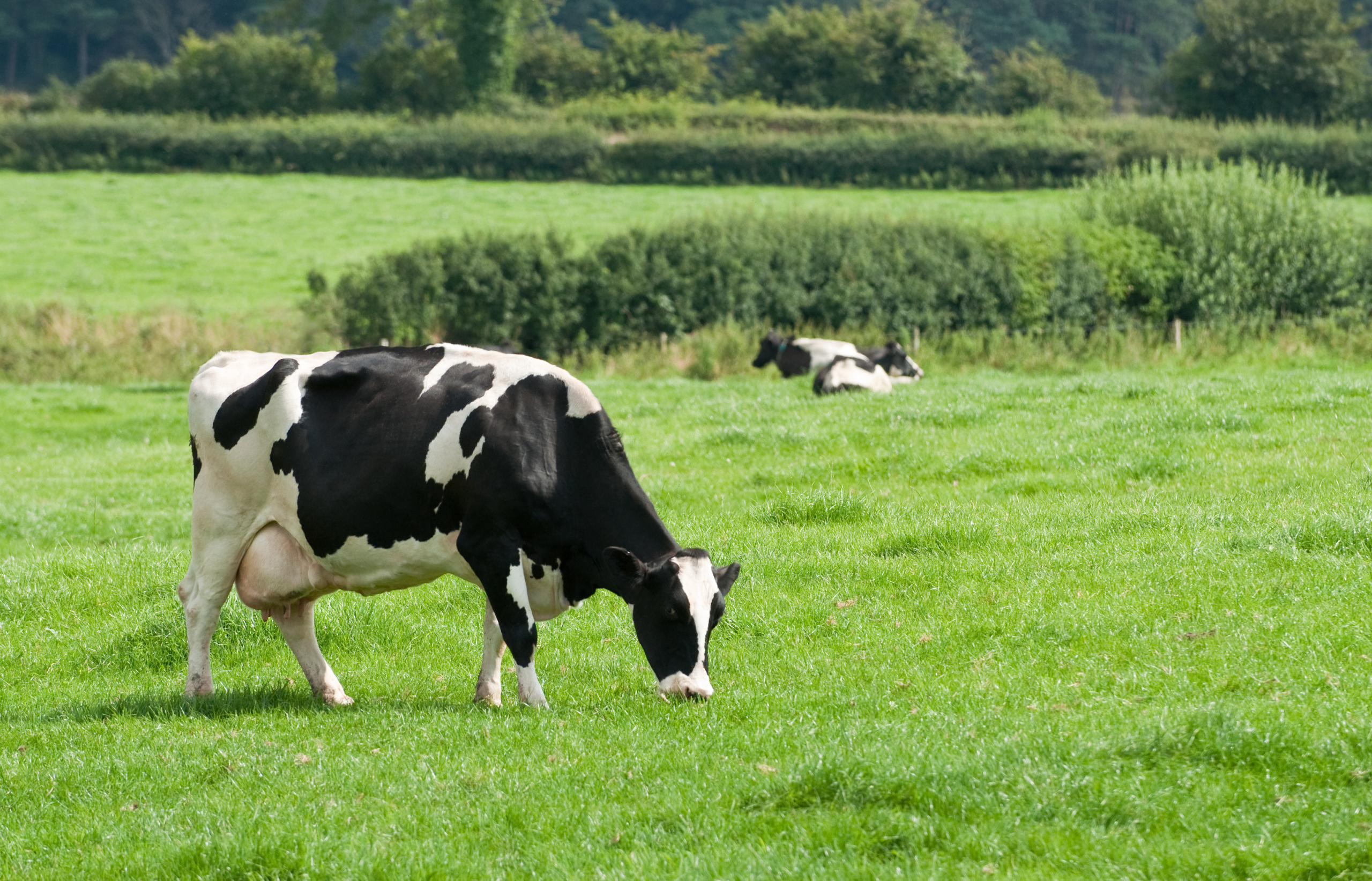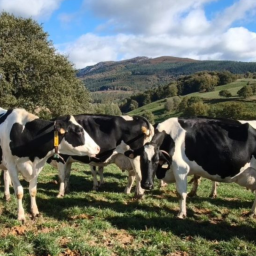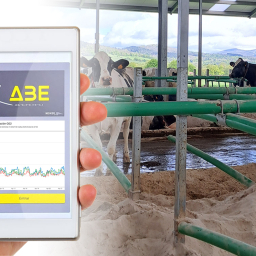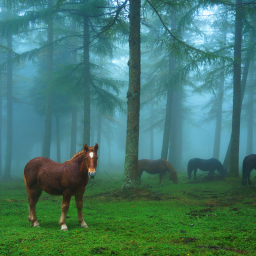NEW
Tailor-made solutions to drive the transition towards more sustainable dairy farming
12 August 2025
- At NEIKER, we participate in the European TEDY project, which promotes co-creation between researchers, technicians and livestock farmers to develop strategies tailored to each farm.
The dairy cattle sector currently faces significant challenges in maintaining its profitability without compromising the environmental sustainability of its activity, as well as ensuring generational renewal. Demands for production efficiency, emissions reduction and the use of local resources have highlighted the need to rethink current production systems. To address this issue, NEIKER is participating in the TEDY project, a European initiative aimed at promoting an agroecological transition in dairy farming through solutions tailored to the characteristics of each production and livestock system.
Funded by the European Union under the Agroecology Partnership programme, TEDY brings together 15 partners from 11 European countries with the aim of moving towards more sustainable livestock farming systems from a technical, economic and environmental point of view, while also taking into account the social and cultural factors that influence each territory.
Customised solutions
Instead of applying general solutions, TEDY is committed to an individualised approach that considers the specific characteristics of each livestock farm. The idea is to work with each farm to identify the practices that best suit their particular situation, based on their resources, needs, priorities and preferences, and to support them in implementing these practices. In this way, the project seeks to promote a gradual transition towards more sustainable, realistic and locally appropriate models.
As part of the project, at NEIKER we are focusing mainly on two lines of work. On the one hand, we are initiating a participatory process in the Basque Country together with the main players in the sector to find out how the agroecological transition is perceived in dairy farming and what opportunities it can offer in our context. On the other hand, we will make our technical knowledge available to the sector in practices related to animal nutrition, such as improving forage quality, optimising feed formulation, using local raw materials instead of soybeans, and promoting grazing.
‘Our goal is to help Basque livestock farms move towards more sustainable models that are economically viable and adapted to their specific circumstances, through proposals that can be tailored to each case from a technical, environmental and social perspective,’ explains Roberto Ruiz, researcher and head of the Animal Production Department at NEIKER.
Among the expected results of implementing these practices are improved efficiency in the use of inputs, reduced production costs and lower greenhouse gas emissions, in line with NEIKER’s objectives to strengthen the competitiveness and sustainability of the Basque agri-food sector.
Testing under real conditions
To verify the effectiveness of these practices in everyday situations, the project envisages their direct application in livestock farms through so-called Living Labs. These spaces will enable different strategies to be tested in collaboration with livestock farmers, researchers and technicians, evaluating their impact in a practical way and under real working conditions.
‘The practices to be tested will depend on the characteristics and preferences of each farm and may range from improving pastures or silage to incorporating locally produced oilseeds, rotational grazing or more efficient slurry management,’ says the researcher.
Collaboration and knowledge transfer
The European dimension of the TEDY project promotes the exchange of experiences between regions with diverse production systems, allowing for the comparison of approaches, enriching analysis, and generating informed recommendations that favour the adoption of sustainable practices on a larger scale.
In addition, specific mechanisms for knowledge transfer will be put in place to ensure that the project results are effectively disseminated to the various stakeholders in the sector. These actions include participatory workshops, which will discuss the main challenges facing dairy farming, as well as the opportunities that agroecology can offer in each specific context.
With this collaborative approach, based on active listening and adaptation to the terrain, TEDY aims to facilitate a practical, effective agroecological transition that is aligned with the real needs of the sector.






